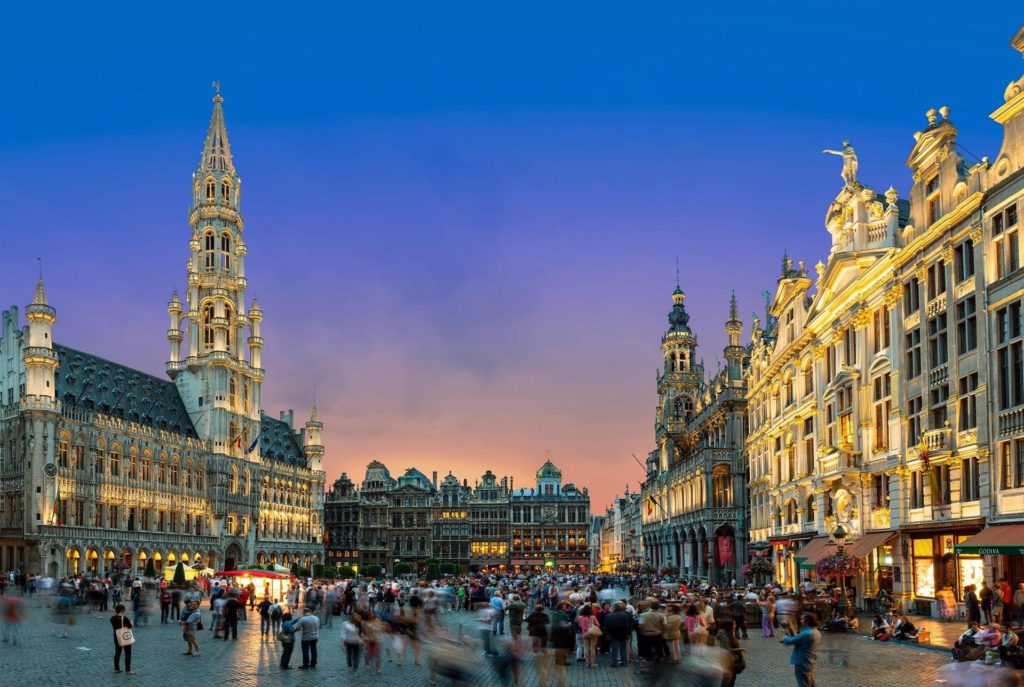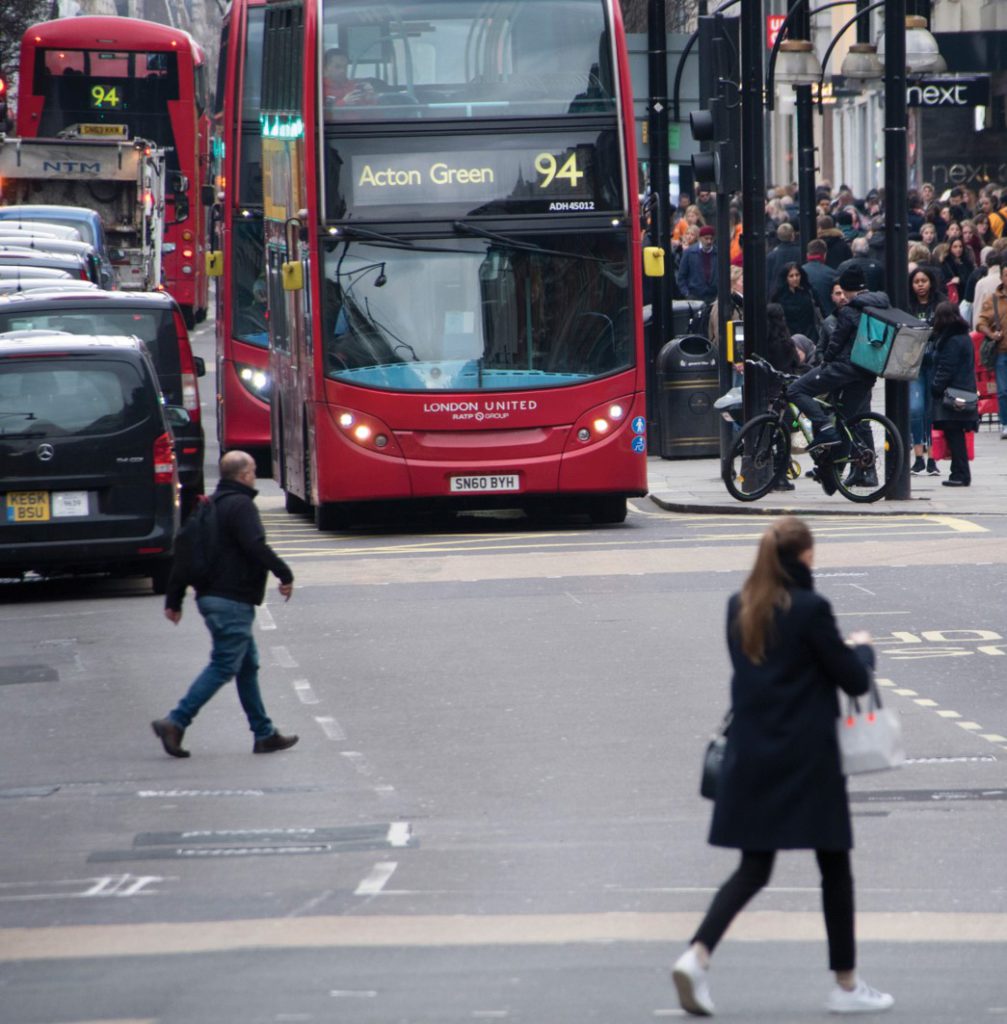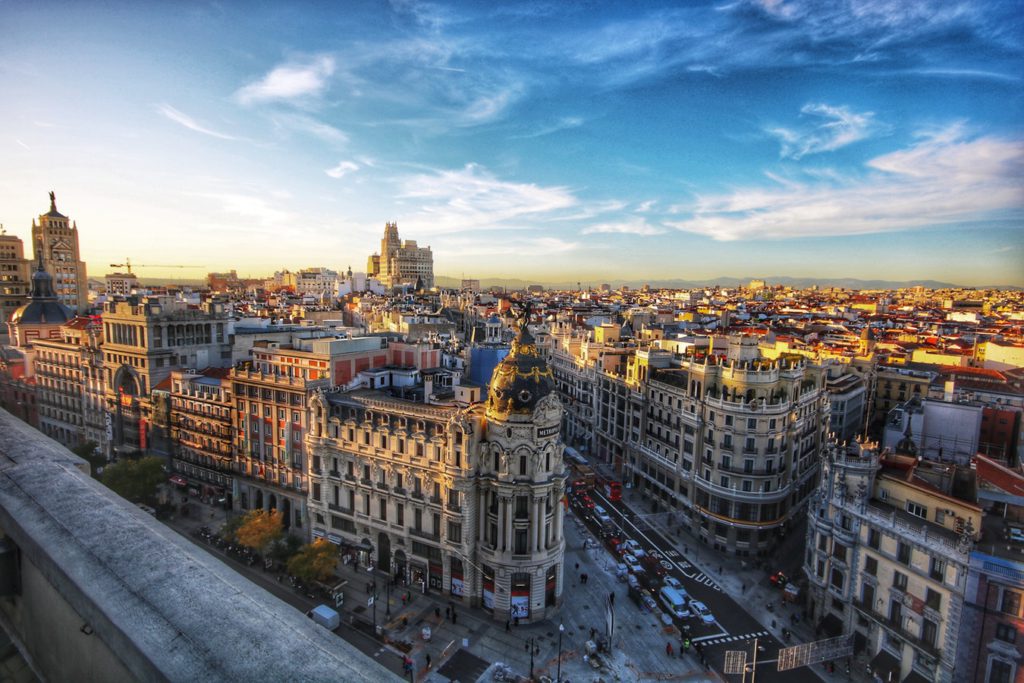Cities discuss how to make urban transport "Zero-emission"

The conference was held on 28 February 2019 as the Belgian capital region is in a consultation process to reinforce its Low Emission Zone. The meeting was co-organised by Brussels Environment, the TRUE initiative (represented by ICCT) and Polis.
During one day, the representatives of European cities exchanges their views on the gradual ban of polluting vehicles and the direction towards zero-emission urban mobility.
To feed the discussion, Mr. Drew Kodjak, director of ICCT reminded the strong links between urban transport, emissions and public health, highlighting the fact that local authorities have the capacities to improve air quality, and therefore saving lives. Representatives of the European Commission, both from DG MOVE and DG ENV explained what the European institutions are doing to help cities to make the air cleaner and how cities can get involved in the various European consultative processes. DG MOVE also gave a set of recommendations to local authorities, on the expectations from cities when they install Low Emission Zones or similar schemes.
Representatives of the cities got inspired by Brussels which plans to ban diesel and then petrol vehicles on the post-2025 horizon, Madrid's Plan A, London's ULEZ or Oslo's policy which combines urban vehicle access restriction and promotion of electric mobility.
They discussed in particular the issues related to the technical implementation of Low Emission Zones (LEZs) and their inforcement, the impacts that such schemes can have on air quality as well as the type of alternatives to promote in order to replace conventionally-fuelled vehicles, on the mid- to long-term.


